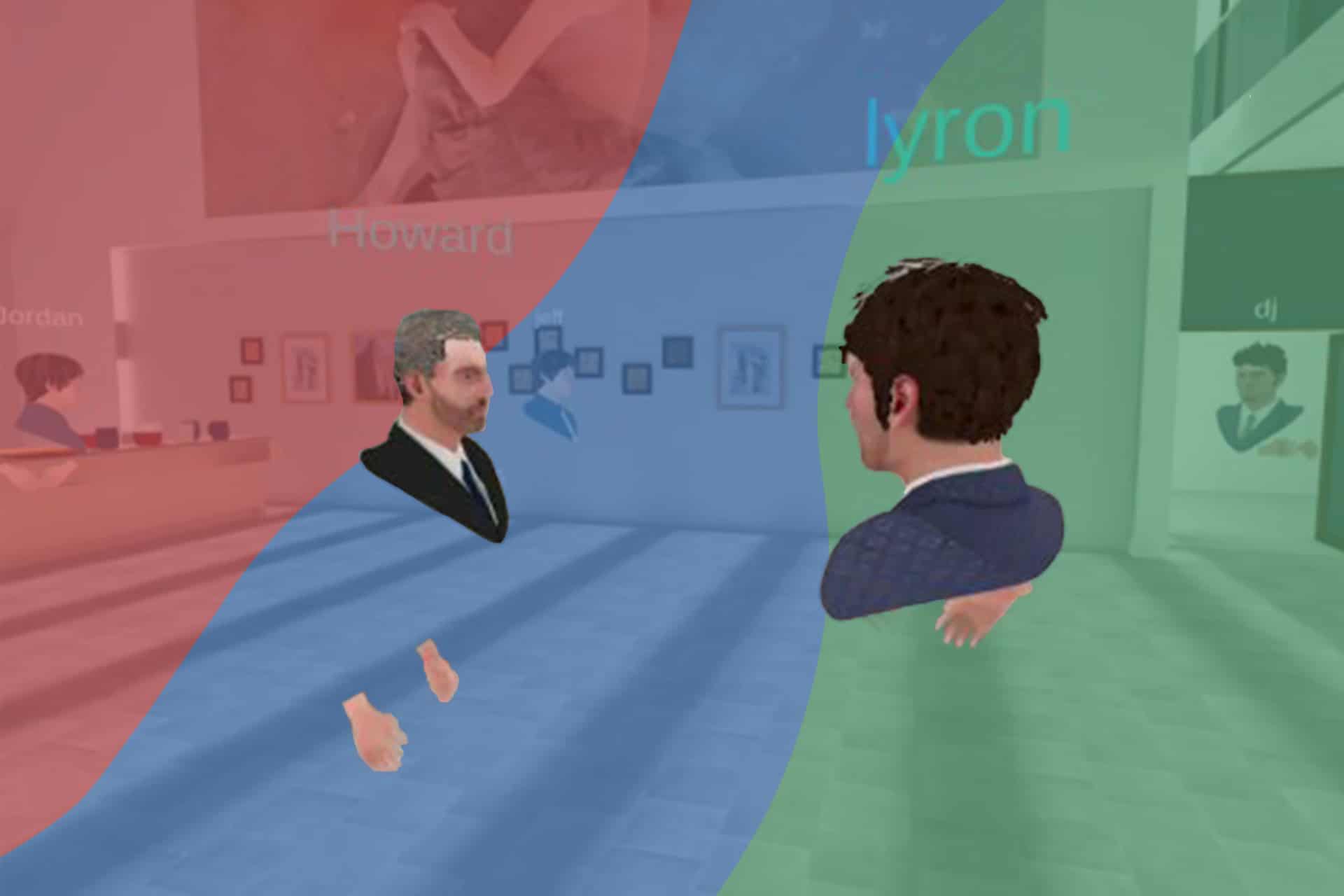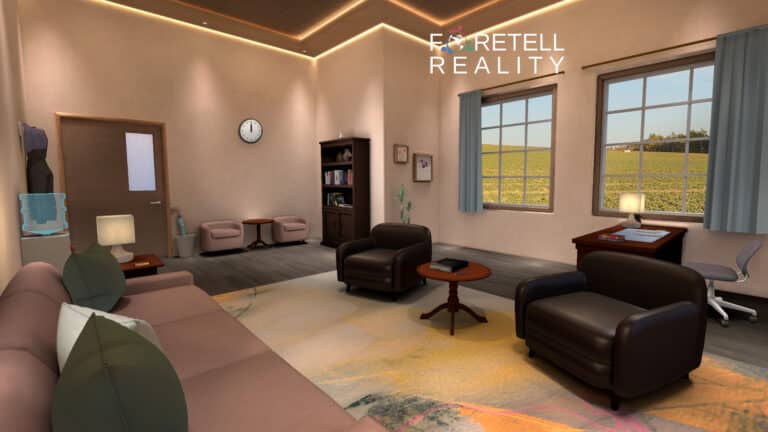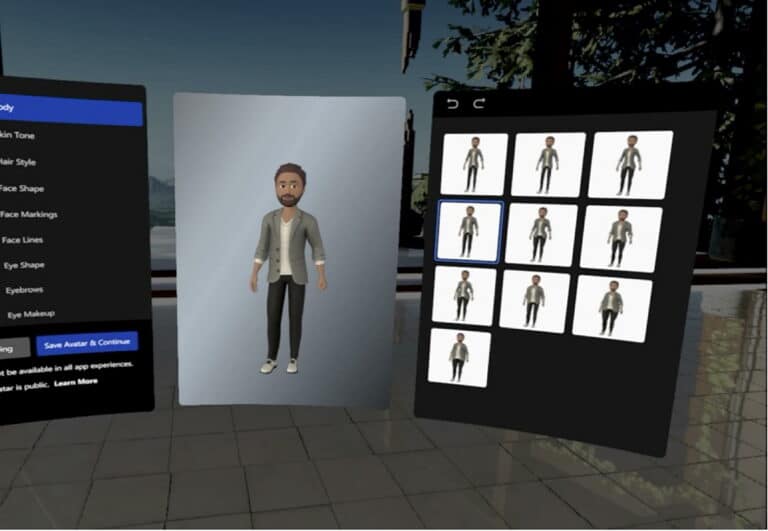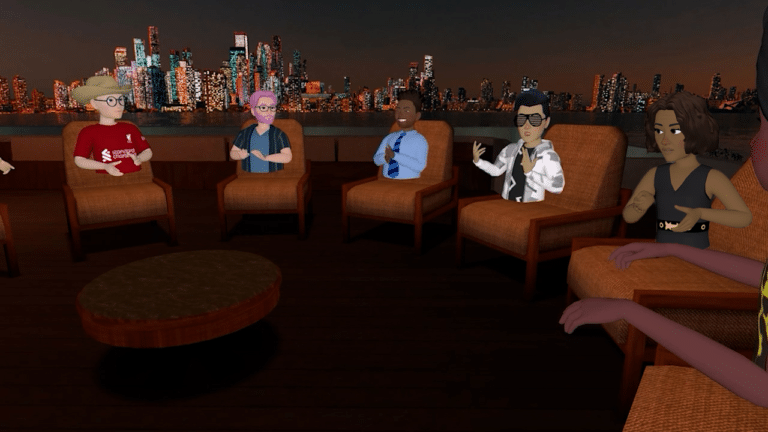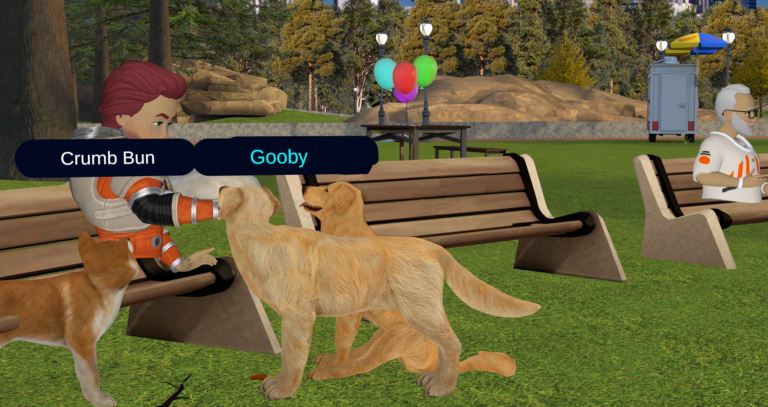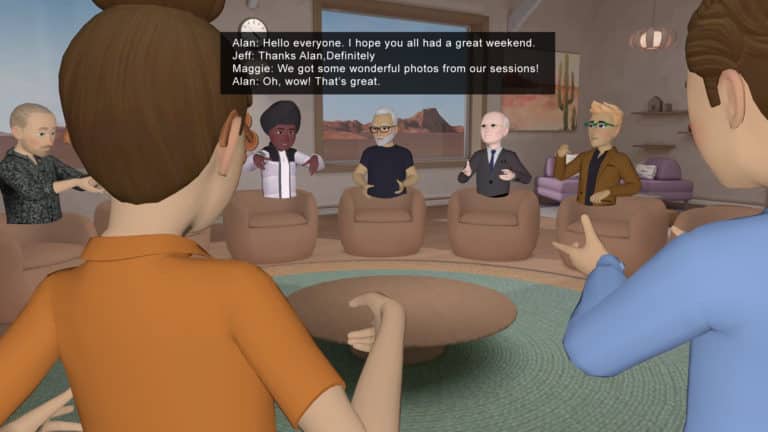
A recent survey from the American Psychological Association finds that 76% of clinicians are conducting all of their sessions through teletherapy while only 16% are doing a combination of remote and in-person sessions.
While telehealth provides great benefits like convenience and flexibility and can embolden patients to open up even more than they might in person, there are drawbacks. With many people constantly on video calls for school and work, a phenomenon known as ‘Zoom fatigue’ can result in patients not feeling fully present in a conversation and that can require therapists to be extra vigilant in driving conversations.
Virtual Reality (VR) can combat ‘Zoom fatigue’ by offering a much more immersive experience. This is particularly effective for group therapy and support. Unlike telehealth visits through a phone or laptop, VR provides an immersive, distraction-free experience in which remote support group attendees and therapy clients interact with one another through personalized, expressive avatars in shared, 3D environments.
Embodying a virtual identity provides anonymity, if desired, and eliminates fears of being judged by appearance while still allowing for human-like gestures, directional gazing, manipulation of objects, and movement within space.
Group conversation flows more freely in VR allowing therapists to observe both verbal and non verbal cues in ways they cannot through a webcam. VR allows for interactions between people like handing someone a virtual tissue or a providing a comforting touch on the shoulder.
While applications like Zoom work well for certain kinds of communication, therapeutic interactions benefit from the authenticity and realism found in VR.
Foretell Reality is an enterprise VR solution for interpersonal communication and business collaboration. Learn more here.


